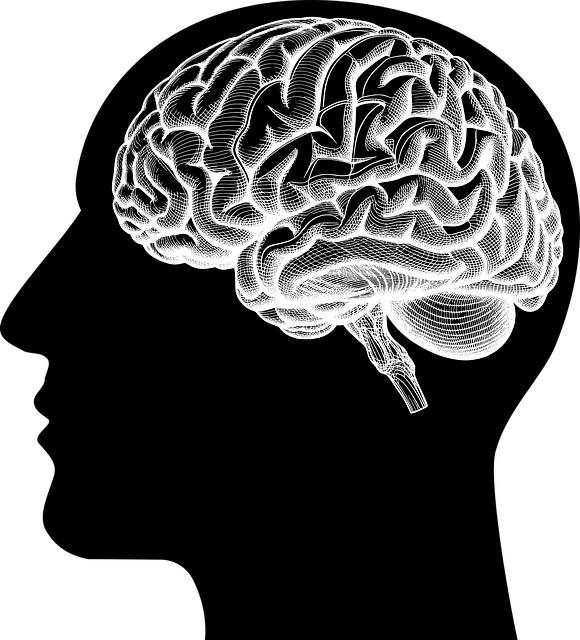Denver's Cognitive Behavioral Therapy (CBT) offers an effective approach to treating trauma, focusing on negative thought patterns and behaviors. This therapy empowers individuals with coping mechanisms, promotes healing, and enhances resilience through structured sessions and community engagement. By addressing thoughts, feelings, and actions holistically, CBT helps clients manage symptoms, develop social skills, and achieve anxiety relief, making it a powerful tool in trauma recovery.
Trauma can leave profound, lasting effects on individuals’ mental and emotional well-being. Understanding trauma and its impact is essential for providing effective support. This article explores Denver Cognitive Behavioral Therapy (CBT), a therapeutic approach proven to help survivors navigate their experiences. We also delve into building robust support systems and overcoming challenges in delivering trauma services. By understanding these aspects, we aim to enhance access to quality care for those affected by trauma.
- Understanding Trauma and Its Impact
- Denver Cognitive Behavioral Therapy (CBT): A Therapeutic Approach
- Building an Effective Support System
- Overcoming Challenges in Providing Trauma Services
Understanding Trauma and Its Impact

Trauma is a profound emotional response to an incredibly distressing event or series of events. It can have far-reaching effects on an individual’s mental health and overall well-being, often leading to long-lasting issues if left unaddressed. The impact of trauma manifests in various ways, from flashbacks and nightmares to intense emotions and behavioral changes. Understanding these symptoms is a crucial step towards providing effective support.
In Denver, Cognitive Behavioral Therapy (CBT) has emerged as a powerful tool in the fight against trauma. CBT helps individuals identify and challenge negative thought patterns and behaviors associated with traumatic experiences. By focusing on the connection between thoughts, feelings, and actions, this therapy facilitates healing and empowers people to manage their symptoms effectively. Additionally, Crisis Intervention Guidance and Mental Wellness Podcast Series Production can further enhance trauma support services, offering accessible resources for those seeking help.
Denver Cognitive Behavioral Therapy (CBT): A Therapeutic Approach

Denver Cognitive Behavioral Therapy (CBT) offers a well-structured and effective therapeutic approach to address various mental health challenges. This evidence-based method focuses on identifying and changing negative thought patterns and behaviors, empowering individuals to develop healthier coping strategies. CBT is particularly beneficial in managing trauma-related issues, as it helps clients understand the connection between thoughts, feelings, and actions, fostering a more adaptive response to distressing memories or triggers.
By utilizing this therapy, individuals can learn valuable skills for burnout prevention and self-care routine development, ultimately enhancing their mental health and resilience. Moreover, risk management planning becomes an integral part of CBT, equipping mental health professionals with tools to navigate challenging situations safely and effectively. This holistic approach ensures that clients receive comprehensive support tailored to their unique needs.
Building an Effective Support System

Building an effective support system is a cornerstone of trauma recovery, and Denver Cognitive Behavioral Therapy (CBT) plays a pivotal role in this process. CBT techniques are designed to help individuals confront and overcome traumatic memories and thoughts by promoting emotional well-being promotion techniques. Through structured therapy sessions, clients learn valuable social skills training and enhance their emotional intelligence—crucial components for navigating the complexities of trauma recovery.
By integrating these evidence-based practices, support systems can offer comprehensive care tailored to each individual’s unique needs. This holistic approach ensures that those affected by trauma receive not just treatment but also a nurturing environment that fosters resilience and personal growth.
Overcoming Challenges in Providing Trauma Services

Providing trauma support services comes with unique challenges that require careful navigation. One significant hurdle is ensuring accessibility for those who may be reluctant to seek help due to stigma or fear of revisiting traumatic memories. In Denver, cognitive behavioral therapy (CBT) has emerged as a powerful tool in addressing these barriers. CBT helps individuals process and reframe traumatic experiences, making it an effective approach for managing anxiety and stress stemming from past traumas.
Additionally, integrating trauma-informed practices within organizations, such as Stress Management Workshops, is crucial. These workshops not only teach valuable stress management techniques but also foster a safe and supportive environment, encouraging open dialogue about mental health. By combining evidence-based therapies with community engagement, Denver’s cognitive behavioral therapy centers play a vital role in promoting anxiety relief and overall well-being for individuals affected by trauma.
Trauma support services are vital for helping individuals heal and rebuild their lives. By understanding trauma’s profound impact, implementing evidence-based therapies like Denver Cognitive Behavioral Therapy (CBT), and fostering robust support systems, we can effectively address these challenges. Overcoming barriers through continuous training, cultural sensitivity, and access to resources ensures that everyone receives the quality care they deserve on their journey towards recovery.










